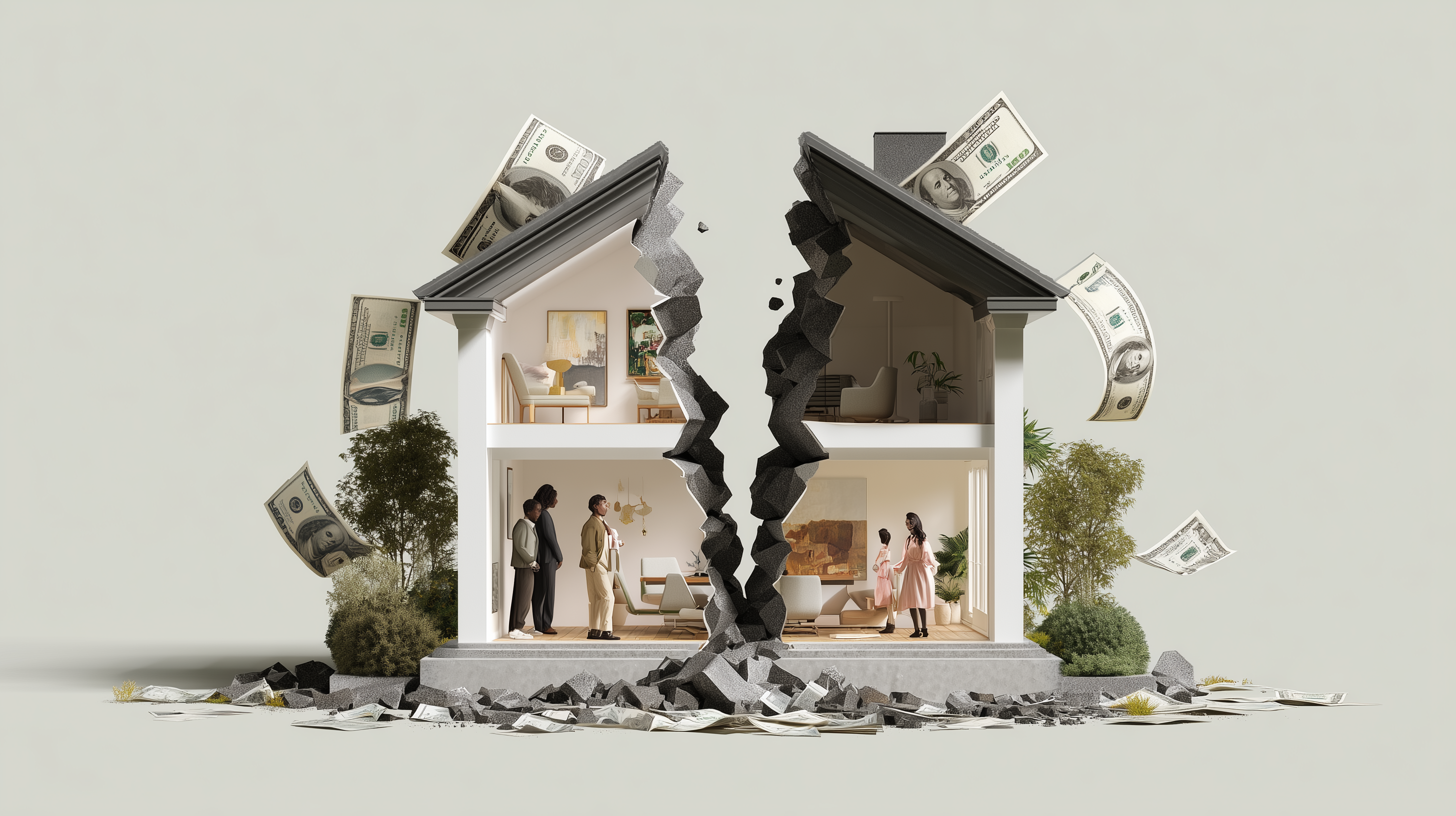By Futurist Thomas Frey
For more than half a century, homeownership has been the beating heart of the American Dream. A house with a yard, a white picket fence, and the stability of ownership symbolized progress, security, and belonging. But for a growing share of young Americans, that dream is no longer attainable. It’s not just slipping away—it’s collapsing into something unrecognizable.
The numbers paint a stark picture. The median U.S. renter is now 42 years old, up from 36 in 2000. Nearly half of Americans in 2025 cannot afford to buy a home. Among them, 51% are Millennials and 18% are Gen Z. Perhaps even more telling: 1 in 3 Americans no longer see homeownership as part of the American Dream. For the first time in history, a cultural ideal once seen as universal is fading in real time.
From Cornerstone to Mirage
Historically, owning a home represented stability. It was the asset families used to build generational wealth. It grounded communities, provided retirement security, and gave people a sense of permanence. But now, the same asset class has morphed into a speculative commodity.
Houses are no longer just homes—they’re investment vehicles for institutional buyers, hedge funds, and short-term rental empires. In many cities, corporate ownership accounts for a significant share of single-family homes. For young buyers, that means bidding wars not with neighbors but with billion-dollar funds.
At the same time, wages have stagnated while housing prices soared. The ratio of median home price to median household income, once around 3:1 in the postwar decades, now sits closer to 8:1 in many markets. Even dual-income households find themselves priced out.
Renting Into Middle Age
The fact that the median renter is now in their 40s reflects a profound cultural shift. Renting used to be a temporary stage of life, a stepping stone between youth and stability. Today, it has become a long-term reality—even for people with careers, families, and savings.
This changes the very psychology of adulthood. A generation once told that buying a house was the ultimate milestone now lives with instability, rising rents, and the knowledge that their housing future depends less on effort and more on macroeconomic forces far beyond their control.
The Death of the Dream
The most provocative trend isn’t just the inability to buy—it’s the shifting perception of whether homeownership is even worth pursuing. For one in three Americans, the idea of a home as a core part of the American Dream no longer resonates. Instead, younger generations are reframing success around flexibility, experiences, or financial independence achieved in other ways.
This redefinition could reshape society in ways we’ve only begun to imagine. If fewer people buy homes, fewer will build long-term ties to neighborhoods. Communities may become more transient. Political debates around zoning, property tax, and housing subsidies will intensify. And industries tied to homeownership—mortgages, insurance, construction, even furniture—may see fundamental realignments.
What Comes Next?
If the traditional housing ladder is broken, new models will emerge. We may see:
- Fractional ownership platforms where people invest in slices of real estate rather than buying outright.
- Community-based housing cooperatives designed to lower costs and share resources.
- Long-term rental markets that look more like ownership, with stability, customization rights, and equity-like benefits.
- AI-optimized urban planning that creates modular, flexible housing stock able to adapt to shifting demographics.
The American Dream is not disappearing—it’s mutating. And the next version of it may look less like a three-bedroom ranch house and more like a digital ledger of assets, a cooperative living space, or a lifestyle centered on mobility rather than permanence.
Final Thoughts
The housing dream is dead for young Americans—or at least, the version their parents and grandparents recognized. The numbers are undeniable: homeownership has become unattainable for millions, and for many, undesirable altogether. What we are witnessing is more than an affordability crisis. It is a cultural turning point.
In the decades ahead, we may look back at the 20th century’s obsession with suburban homeownership as a unique historical moment—one that shaped America for a time, but could not last forever. The future of housing will not be about nostalgia. It will be about inventing new dreams.
Read more on related topics:
- Empty Playgrounds: Global Populations in Decline
- Off-Grid Housing: A Future Solution to Rising Costs


